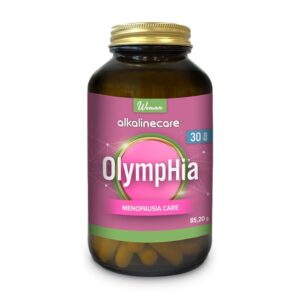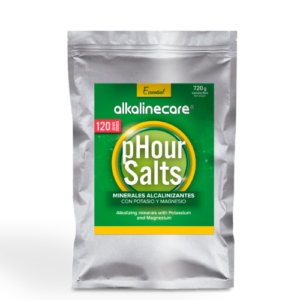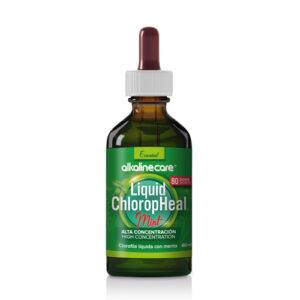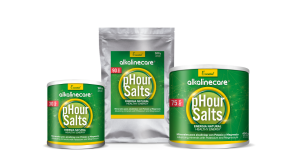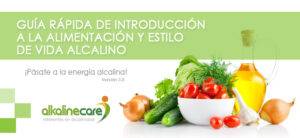Starting from perimenopause, which can begin up to 10 years before the permanent cessation of menstruation, there is a decline in the production of reproductive hormones, especially estrogen. These hormonal changes can cause a variety of physical and emotional symptoms, as well as increase the risk of certain nutritional deficiencies. During this phase, maintaining a proper diet becomes essential not only to alleviate symptoms but also to improve quality of life and prevent long-term health issues. How to combat nutritional deficiencies during menopause.
Nutrition During Menopause: How to Combat the Most Common Nutritional Deficiencies
Physiological Changes and Symptoms of Menopause
Menopause marks the end of the menstrual cycle, bringing about significant physiological changes that affect how the body uses and stores nutrients. Nutritional deficiencies, combined with the decline in estrogen, have a direct impact on bone health, metabolism, and fat distribution, which can lead to:
- Joint pain and stiffness
- Difficulty losing weight
- Fatigue
- Insomnia
- Hot flashes / Extreme sensations of heat and cold
- Mood swings
- Fragile bones
- Anxiety and panic attacks
- Changes in libido
- Dryness of the skin and mucous membranes (vaginal, ocular, etc.)
- Hair loss and changes in nail texture
- Difficulty concentrating (mental fog)
- Bloating, digestive changes, and increased gas
Common Nutritional Deficiencies During Menopause
During menopause, several nutritional deficiencies become more common due to hormonal changes, dietary habits, and the body’s reduced ability to absorb certain nutrients. The main nutritional deficiencies to address are:
- Calcium
- Vitamin D
- Magnesium
- Vitamin B12
- Omega-3 Fatty Acids
- Fiber
- Vitamin K
How an Alkaline Diet Can Benefit You During Menopause
To address these deficiencies, the alkaline diet becomes especially relevant during this phase as it can help improve bone health, balance body weight, increase energy and mental well-being, and alleviate characteristic symptoms. The key principles are:
- Increase calcium and vitamin D intake: Choose calcium-rich foods (such as leafy greens, nuts, or legumes) and ensure adequate sun exposure.
- Prioritize proteins: Strength training is essential to maintain muscle mass during menopause, complemented by an adequate intake of quality proteins.
- Choose healthy fats: Opt for healthy fats like omega-3 fatty acids from fish and nuts, which benefit heart health and can help reduce inflammation.
- Maintain a diet rich in antioxidants and fiber: Antioxidants, found in fruits and vegetables, are crucial for combating oxidative stress and free radicals, which increase with aging.
- Reduce sugar intake: Hormonal changes can influence glucose metabolism. Cutting down on sugar helps prevent metabolic diseases and reduces acidification.
How Proper Nutritional Supplementation Can Benefit You During Menopause
During this phase, nutrient absorption undergoes significant changes. With a higher demand for certain nutrients and difficulty obtaining them solely through diet, a nutritional supplement can be advisable. This supplement should focus on three main groups: vitamins, minerals, and adaptogenic plants, providing deep nourishment to prevent and alleviate menopausal symptoms.
Get Your OlympHia Product Now with a 15% Launch Discount and Free Shipping Here!





